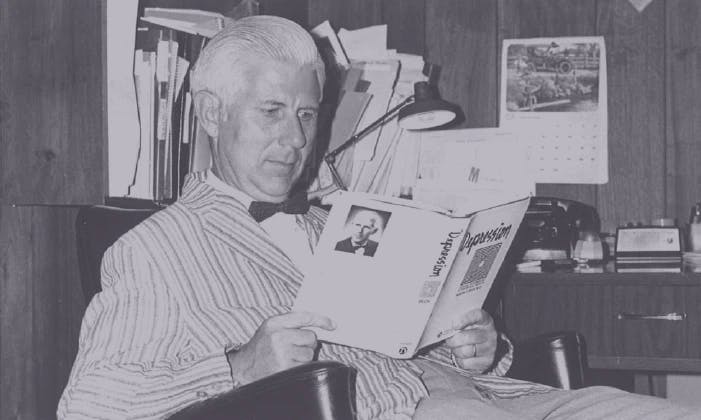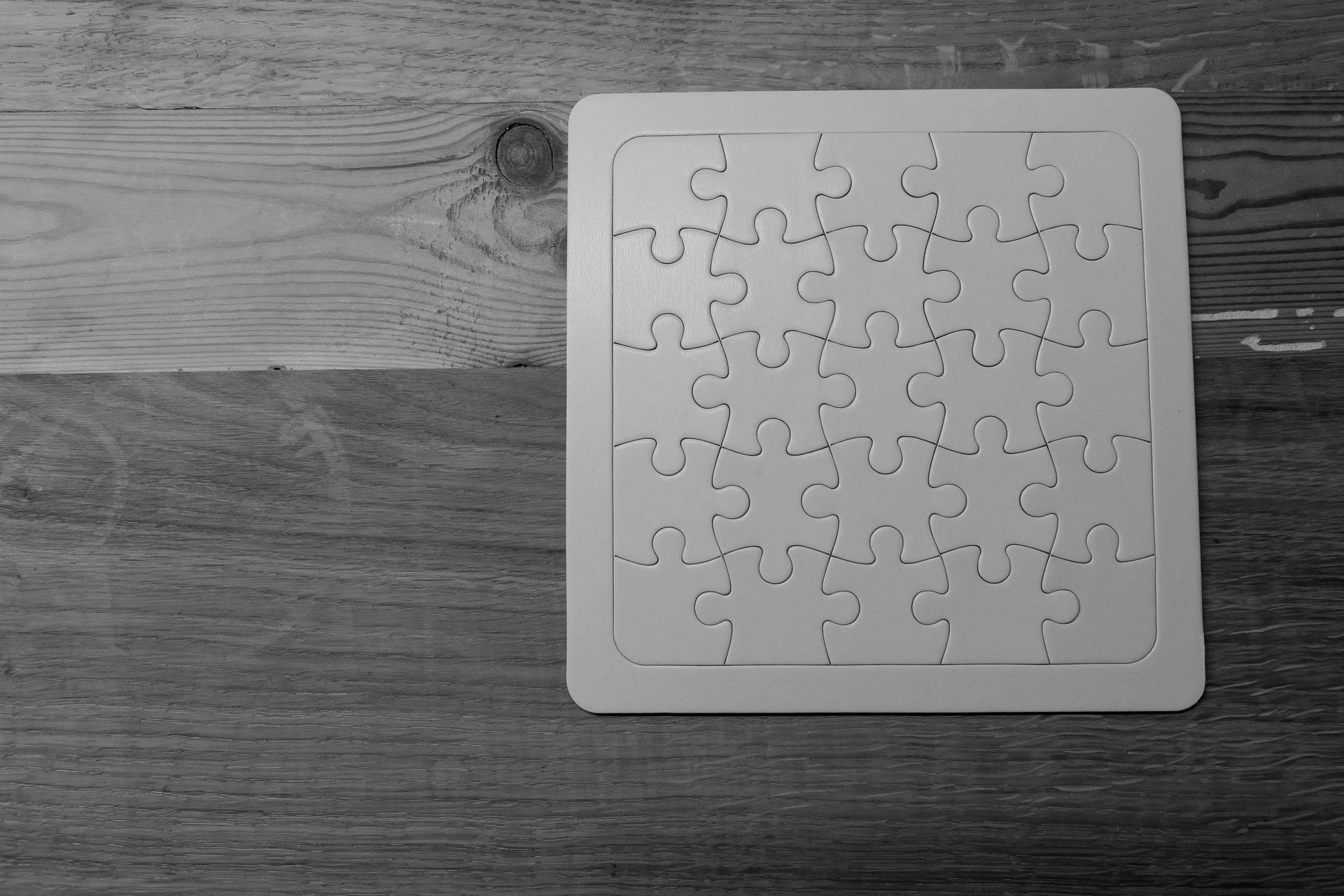Cognitive Behavioural Therapy (CBT)

The idea behind Cognitive Behavioural Therapy is that how we think affects how we feel and behave. These three aspects of human life are interconnected, so CBT and similar theories such as Rational Emotive Behaviour Therapy, REBT, suggest that changing one will impact all three.
CBT started with research by Dr Aaron Beck, who had initially agreed with Freud's Psychoanalytic theory but became disillusioned with some of those ideas and began to do work of his own1.
He discovered that depression was a state in which negative thoughts dominated the person, so he worked to help them challenge these unrealistic thoughts. The result was that people began to feel happier and behave more positively. If we learn certain negative thinking patterns through the influence of others and circumstances in our lives, then these can be unlearned and replaced with more realistic interpretations of events.
Along with others who were also looking into alternatives to the Freudian perspective, Beck's model focussed on the person in the present as opposed to childhood issues2.
Rational Emotive Behaviour Therapy, (REBT) originated with Albert Ellis. He came up with a simple idea, demonstrated below and known as the ABC model which shows that it's not the event itself that causes us problems, but rather the meaning of that event to us. Thus two people can experience the same event, and one may develop psychological distress and the other may not.
A good friend passes you on the street but does not say hello or acknowledge you.
They are ignoring me. They are being horrible and don’t deserve my friendship.
Anger, which could lead to you ringing them, shouting & breaking off the friendship.
Or, Alternatively..
A good friend passes you on the street but does not say hello or acknowledge you.
It’s not like them to not even greet me. I wonder if they’re OK? Something might be wrong.
Empathy and concern, which could lead to you ringing them up to check how they are.

How does it apply in counselling?
Depression and anxiety in particular can be addressed with CBT techniques to challenge the underlying thoughts and beliefs that drive them. If I'm working this way with you, I'll often set homework assignments for you3 which help demonstrate how your current thinking may be distorted and encourage you to re-evaluate habitual thinking processes. There is a huge volume of paper-based exercises that can help re-establish a healthy outlook and therefore positively impact your feelings and thus your behaviour. CBT can readily be integrated to be used alongside other theories to good effect.
Refrences:
- The Beck Institute. (2019). History of Cognitive Behaviour Therapy. Available: https://beckinstitute.org/about-beck/team/our-history/history-of-cognitive-therapy/. Last accessed 16th Jul 2020.
- The House Partnership. (2015). CBT ~ The story so far. Available: https://www.thehousepartnership.co.uk/therapy-cbt-cognitive-behavioral/cbt-the-story-so-far-article/. Last accessed 16th Jul 2020.
- McLeod, S. (2019). Cognitive Behavioural Therapy. Available: https://www.simplypsychology.org/cognitive-therapy.html. Last accessed 16th Jul 2020.
